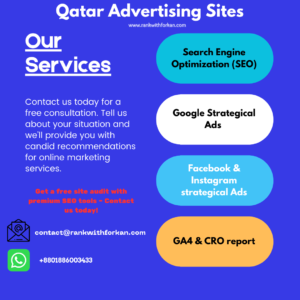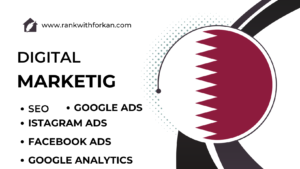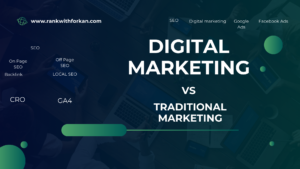Digital Marketing
Digital marketing has evolved significantly over the years, transforming how businesses connect with their audiences.
Past:
In the early 2000s, digital marketing was in its infancy. Businesses relied on basic websites, email marketing, and banner ads. SEO was relatively simple, focusing on keyword stuffing and link-building strategies. Social media platforms like Facebook and Twitter had not yet become major marketing channels, and PPC advertising was in its early stages. Traditional marketing methods such as TV, radio, and print ads still dominated.
Present:
Today, digital marketing is highly data-driven, with advanced tools like Google Analytics, SEMrush, and AI-powered automation. SEO has evolved into a sophisticated process focusing on user experience, content quality, and technical aspects. Social media marketing is essential, with platforms like Instagram, LinkedIn, and TikTok playing a major role. Paid advertising has become more targeted with Google Ads and Meta Ads, offering detailed audience segmentation. Personalization, influencer marketing, and omnichannel strategies are key trends.
Future:
The future of digital marketing will likely see increased automation and AI-driven strategies. Voice search, AR/VR marketing, and blockchain-based advertising could revolutionize the industry. AI-powered chatbots and predictive analytics will enhance customer interactions. Privacy regulations will impact data collection, pushing marketers to adopt new approaches like zero-party data and ethical marketing. The rise of Web3 and decentralized platforms may reshape how brands engage with audiences.
Businesses must adapt to these changes to remain competitive in the ever-evolving digital landscape.






